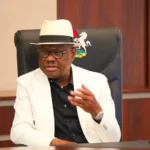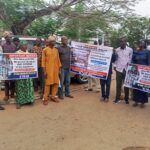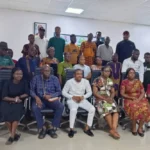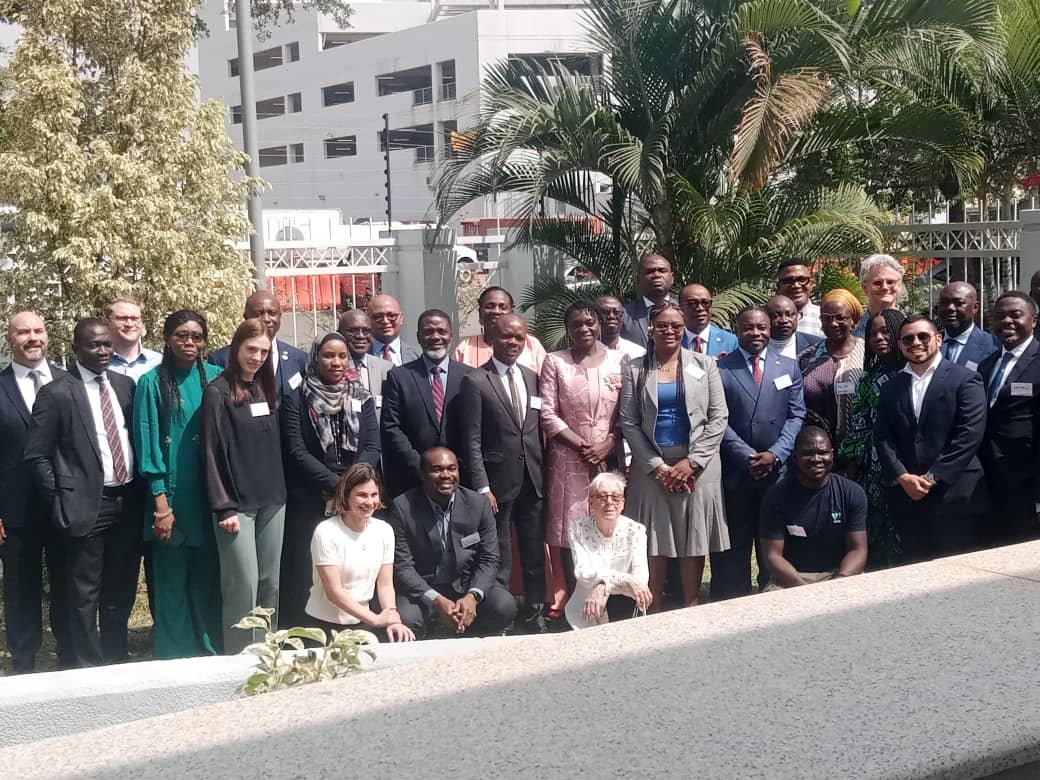By Abigael Joshua
Stakeholders in the wildlife sector have expressed determination to disrupt illegal wildlife trade in the West and Central Africa region (WCA).
The stakeholders said this at a roundtable for law enforcement and financial intelligence agencies to curb the trafficking of illegal wildlife products, mostly destined for Asia.
Mr Justin Gosling, Senior Project Coordinator, Environmental Investigation Agency (EIA) based in London, said that the workshop is aimed at sharing information and intelligence to disrupt the operations of illegal wildlife trade in Nigeria, Cameroon and the Republic of Congo.
“The WCA has developed into a major hub for the trafficking of illegal wildlife products, mostly destined for Asia, whereby the EIA investigations has identified illicit flows of wildlife via Cameroon, the Republic of the Congo, the Democratic Republic of the Congo (DRC), Gabon and Nigeria.
“Hence, the illegal wildlife trade is associated to finance. We intend to trace the crimes through financial records.
“This workshop will generate a roadmap for regional collaboration which will be made accessible to all relevant stakeholders,” Gosling said.
The News Agency of Nigeria (NAN) reports that the EIA was founded in 1984 to investigate and campaign against environmental crime and abuse.
They work across four areas of environmental crime: Climate, Oceans, Forests and Wildlife.
The EIA has a proven track record of effective collaboration with law enforcement agencies which has resulted in the successful disruption of major transnational organised wildlife trafficking networks.
Mr Elisha Bello, the Counter Wildlife Trafficking Advisory for Wildlife Conservation Society, said that the workshop aimed at synergising internationally to disrupt the illegal wildlife trade.
Mr Andrew Dunn, the Country Director, Wildlife Conservation Society, a Non-Governmental Organisation based in Calabar, said the workshop aimed at fostering international collaboration to disrupt illegal wildlife trade in Nigeria, Cameroon and Congo.
“Wildlife trade cannot be disrupted without collaborating internationally to share information and some intelligence to enable progress,” he said.
Mrs Olukanni Bosede, Deputy Director, Department of Forestry, Ministry of Environment, said that the workshop was very crucial to curb illegal wildlife trade in West and Central Africa.
She said that these illegal wildlife trade were transnational with very strong cartels that needed to be disrupted by partnerships.
Ndefru Angwafo, Head of the research unit of Cameroon Customs, said that Cameroon found itself in a strategic location in the hub of Central Africa sharing boundaries with several other countries.
“We have in the past intercepted trafficking of illegal endangered wildlife species such as ivory, elephants, giant African pangolin scales.
“The customs immediately destroyed these endangered wildlife species products as they are intercepted to prevent further trafficking,” Angwafo said.
Moumbouilou Joseph, the Director-General, Department of Forestry, Congo Brazzaville, said that the workshop would help rid the area of illegal wild life trafficking. (NAN) (www.nannews.ng)
Edited by Christiana Fadare












